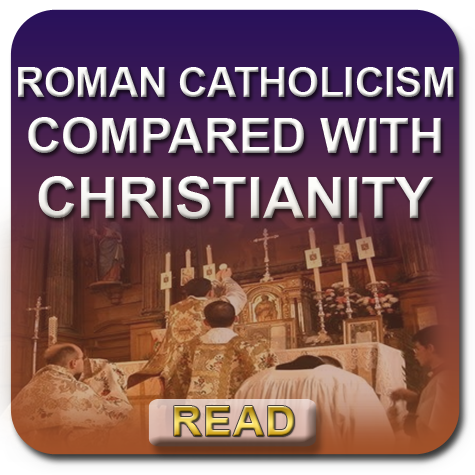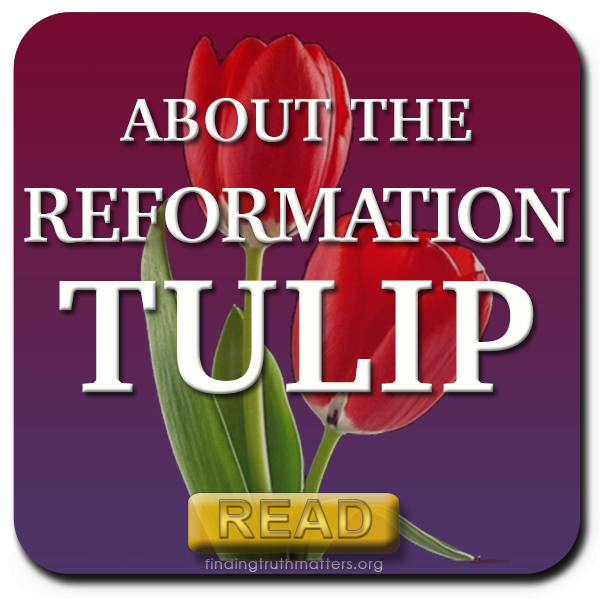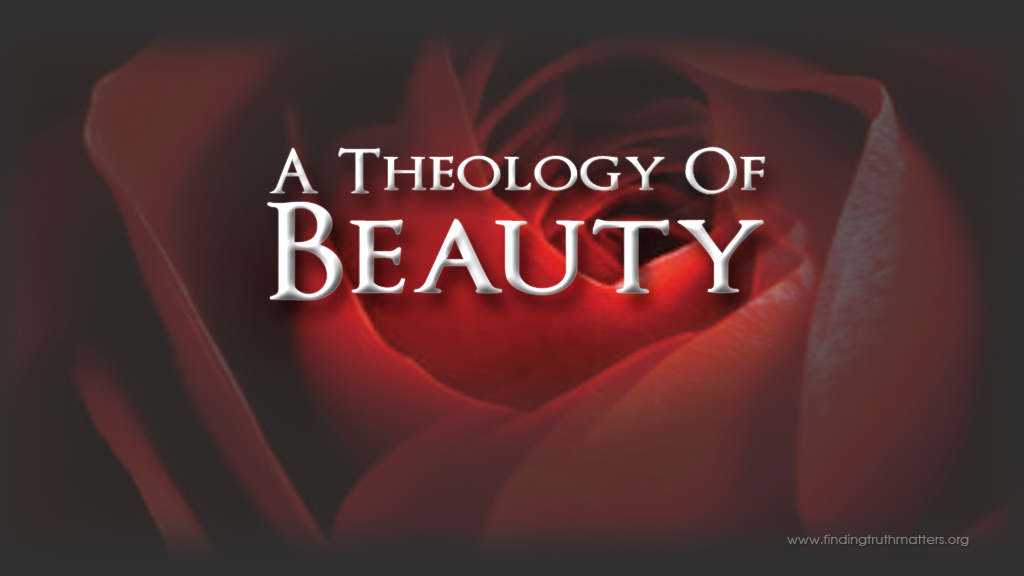
by Dr. Andrew Corbett | Apr 11, 2018 | Theology
I honestly used to think that Christianity was all about having the assurance of going to Heaven. But as I learned more about the Gospel and the teaching of Jesus of Nazareth I became curious about the relative scarcity of references to Heaven in the Bible. Yet, while my understanding of the place of Heaven in my Gospel proclamation has been refined, some God-Channel evangelists have headed in the other direction and made Heaven central to their Gospel. Some of these evangelists now even claim to have the spiritual power to make repeated visits there!
Presumably God, the Supreme Being, has a supremely beautiful home, in a supremely magnificent neighbourhood. Amazingly, God invites mankind to move into His neighbourhood- for eternity! But what is Heaven like? Is it possible, as some are now claiming, that we can visit Heaven? While I am going to lead readers to conclude that Heaven is not the Gospel’s focus, if it is the only reason someone is motivated to convert to Christ, then we should rejoice!

by Dr. Andrew Corbett | Mar 18, 2018 | Theology
Any discussion about religious wars, clergy violations, or child abuse, and it won’t be long before the The Roman Catholic Church unfortunately features. But I want to have a different discussion. And unlike most of the ‘discussions’ of this nature, I’m not on a mission to attack, ridicule, or mock anyone. Rather, I want to look at what the Roman Catholic Church officially teaches and asserts and compare it with the Bible’s teaching.
I’ve been a denominational minister for over two decades, so I know that it is possible to be a part of an organisation with which you disagree on some points. I understand that this is certainly the case with the Roman Catholic Church as there are many priests who do agree with all that their Church asserts. For the purposes of this discussion, I have chosen to take the official Catholic positions on the matters I am comparing with the Biblical data. It is my hope that my Roman Catholic audience will acknowledge that I have represented their views fairly – but it is also my hope that I can appropriately demonstrate how these core views compare with the Biblical prescriptions.

by Dr. Andrew Corbett | Mar 17, 2018 | Theology
The final statement in The Five Pillars of Biblical Christianity is Soli Deo Gloria – for the glory of God alone! The reason we are saved is so that we can glorify God. In one sense it is true that reason Christ died for us was to save us from our sins and the just wrath of God for our sin. But the main reason Christ died to redeem us was for the glory of God.
How can you believe, when you receive glory from one another and do not seek the glory that comes from the only God?
John 5:44
The glory that comes from God is when we give God glory. One of Christ’s last prayers was that His disciples would see His glory (John 17:24). Therefore God’s glory, His radiant magnificence, is visible and apprehendable. God’s glory is described several times in Scripture. In this sense, God’s glory is a visible reality (a noun). God’s glory is variously described as being like a cloud (Exodus 16:10), a devouring and consuming fire (Exodus 24:17), fire and smoke-like cloud (2Chronicles 7:1), and a brightly glowing cloud (Ezekiel 10:4).

by Dr. Andrew Corbett | Feb 27, 2018 | Theology
Sitting across from me in my office was an older middle-aged man who had just read my draft commentary on the Book of Revelation. He had come from Queensland to visit friends in Tasmania and while in the neighbourhood, dropped in to see me to have chat and get a later edition of my book. He asked a lot of theoretical questions and we discussed the implications of what we discussed. Not until he returned to Queensland did I get an email regarding the chapter on the Resurrection. It was at this point that he confided in me that he was in the advanced stages of cancer and that his query was far more than theoretical.
The ancients believed that death was merely a change of location for the soul of a person. The place of the dead was called “Sheol”. When Jacob thought his son Joseph was dead: “All his sons and all his daughters rose up to comfort him, but he refused to be comforted and said, “No, I shall go down to Sheol to my son, mourning.” Thus his father wept for him.” (Gen. 37:35 ). When the judgment of God came upon Korah and his rebellion.

by Dr. Andrew Corbett | Feb 26, 2018 | Theology
Jesus Christ taught that following Him was only possible through the miracle of conversion. He taught that for someone to authentically claim to be a Christian they needed a spiritual encounter that changed their heart and mind. Without such a miracle, known Biblically as ‘regeneration’, no one could merely decide to be a Christian.
It’s important to appreciate the geo-socio-politico conditions at the time of the Reformation. This was the time when John Calvin, Martin Luther, Ulrich Zwingli, and others dared to defend the Biblical revelation against a militant Papal Church which had previously executed similar voices (Wyclif, Tyndale, Savonarola, to name a few) for daring to defy the teaching of the Papacy. One of the central claims of the Papacy was “Universalism”, the doctrine which taught that Christ’s sacrificial death was repeated over and over through the celebration of the Mass and was effective in saving all those in communion with the Roman Catholic Church (thus, universal salvation was activated by works). Since Salvation was universal (everyone is automatically saved), the Papal Church was more concerned about administering this salvation through having people in communion with it, or alternatively, disfellowshipping (or, ex-communicating) those who it disliked. Calvin on the other hand saw that Scripture did not teach universalism, but conversely- that not everyone would be saved.

by Dr. Andrew Corbett | Nov 22, 2017 | Theology
Not only is beauty one of the most faith-strengthening gifts of God, it is also one of the most powerful arguments for God. This notion is referred to by theologians as the Argument from Aethestics. Not generally known for his contribution to Theology, it was the fictional detective Sherlock Holmes who most famously noted the connection between mankind’s appreciation of beauty being an argument for God (whom he called “Providence”).






